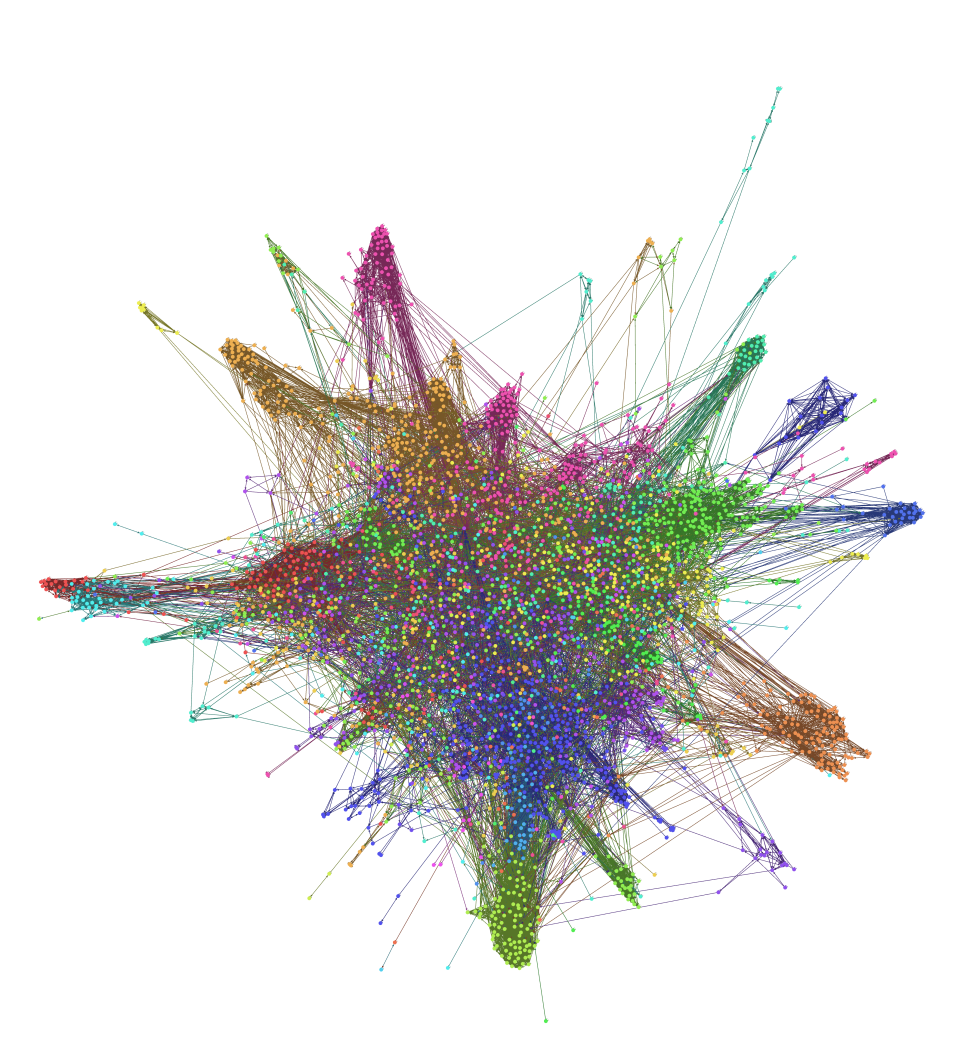Scalable Learning of Complex Structured Models

 Network Science
Network Science
| December 1, 2014
Network Science
Scalable Learning of Complex Structured Models develops new algorithms and theoretical analysis on different domains.
Complex phenomena underlie important targets for data analysis such as online and offline human social behavior, medicine, microbiology and ecology, and city operations. Analysis in these domains concerns variables embedded in natural networks of influence and dependence, so models for these variables need to consider their relational structure. Currently understood algorithms for training relational models incur a large computational cost. This research addresses whether algorithmic advances can substantially diminish the computational expense associated with learning about complex phenomena. It aims to develop new algorithms and theoretical analysis, and demonstrate the new algorithms on domains such as computational social science.
We are investigating algorithmic improvements that exploit shared parameter structure, efficiently computable variational forms of maximum approximate likelihood and margin objective functions, and the direct learning of parameters for truncated inference. With advances using these ideas, this project will enable machine learning tools to reason about complex phenomena without the need to oversimplify models and representations of these phenomena. These algorithms will be applicable to analysis of massive social networks and able to learn about the patterns that govern complex social behavior in large online communities.